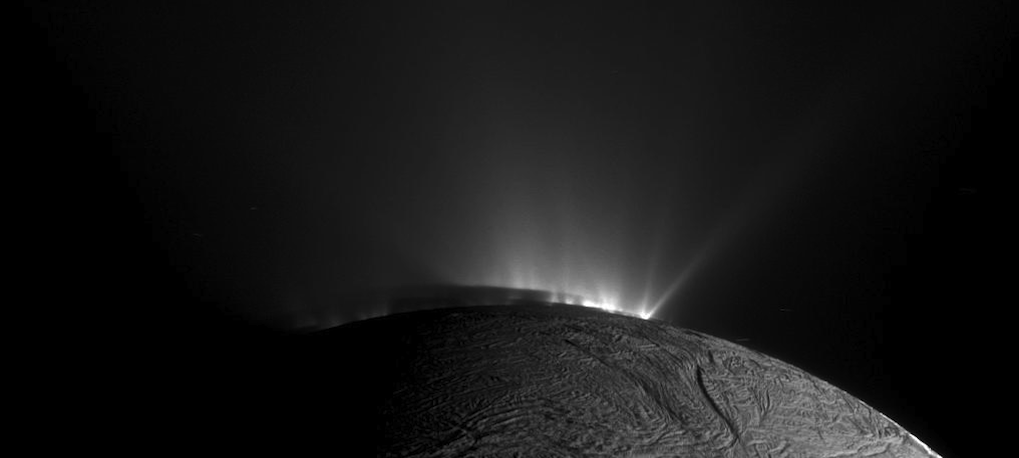
By Maureen Kincaid Speller
One of the things that is either special or problematic about the Clarke Award, depending on how you look at it, is that the judges start from scratch each year, constructing their own working definition of science fiction. That is, there is no Clarke Award-sanctioned definition. Depending on the overlap between juries year on year, one year’s definition may colour the next year’s but this cannot be assumed to be a given. This represents an astonishing freedom for a jury: how far can you go in defining the genre? How far should you go? While some harboured a suspicion that some juries very deliberately pushed the boundaries as hard as they possibly could, simply to be controversial, many of us, myself included, have valued the Clarke Award shortlist precisely because it challenged traditional ideas about what science fiction looked like. My own definition of science fiction, insofar as I have ever formulated one, could probably be most succinctly expressed by pulling out a selection of Clarke Award winners, to show what I think science fiction might look like.
Time passes, and things change, people too, and a few years ago my engagement with the Clarke Award shortlist began to shift. There was a sense of moving from ‘oh, that’s … an unusual but interesting choice. I must read this novel immediately’ to ‘really?’, and with it an emerging feeling that the award was no longer about what science fiction could look like but had become more focused on what it actually is, right now. There has also been the sense that it was turning away from innovation towards reassurance that, hey, look, good old-fashioned science fiction is still here. Which is not bad in and of itself, and it’s entirely up to the judges how they decide to define sf, remember, but this isn’t the Clarke Award I recall from earlier years.
It may be that science fiction is less interesting than it once was, but I find that difficult to believe. There have been cases in the past few years where, inexplicably, astonishing works of science fiction seem to have been completely overlooked on the shortlist in favour of titles that seemed to me to be, charitably, rather orthodox and dull, and just a tiny bit meh. Even the seemingly innovatory texts really aren’t that radical, not any more. And yes, I have tended to think of the Clarke Award shortlist, along with the Tiptree Award shortlist, as the places to go to get a sense of what’s really going on.
And this is at the heart of my relationship with the Clarke Award. I want to know where sf might be headed, not where it has been, or even where it is, right now. I’m not really that interested in the state of the zeitgeist any more; I’m interested in the future and its possibilities, and the same goes for sf as it does for any other branch of literature. Which is why I’m looking forward to the chance to participate as a member of the Shadow Clarke ‘jury’, to take a long, hard look at what is happening in science fiction writing today, and to see where it might be taking us.
*
Maureen Kincaid Speller is a critic and reviewer. She is Senior Reviews Editor at Strange Horizons, and Assistant Editor of Foundation: the International Review of Science Fiction. She also reviews for Interzone and Vector. She is a former Arthur C. Clarke Award judge, and a former James Tiptree Jr. Award judge. She also blogs at Paper Knife.
1 Comment
Pingbacks
-
[…] The idea, as with other shadow panels for the Man Booker International or the Orange/Bailey's/Women's Prize for Fiction in the UK, is for a group of thoughtful readers to follow along with the award, to make their suggestions about what should be on the final shortlist, and then to read the actual shortlist and share their deliberations on the merits of the potential winners. It should be a fascinating project and, as I say, the jury includes two current SH staff, whose personal introductions to the project have already been posted. Senior Reviews Editor Maureen Kincaid Speller writes: […]


